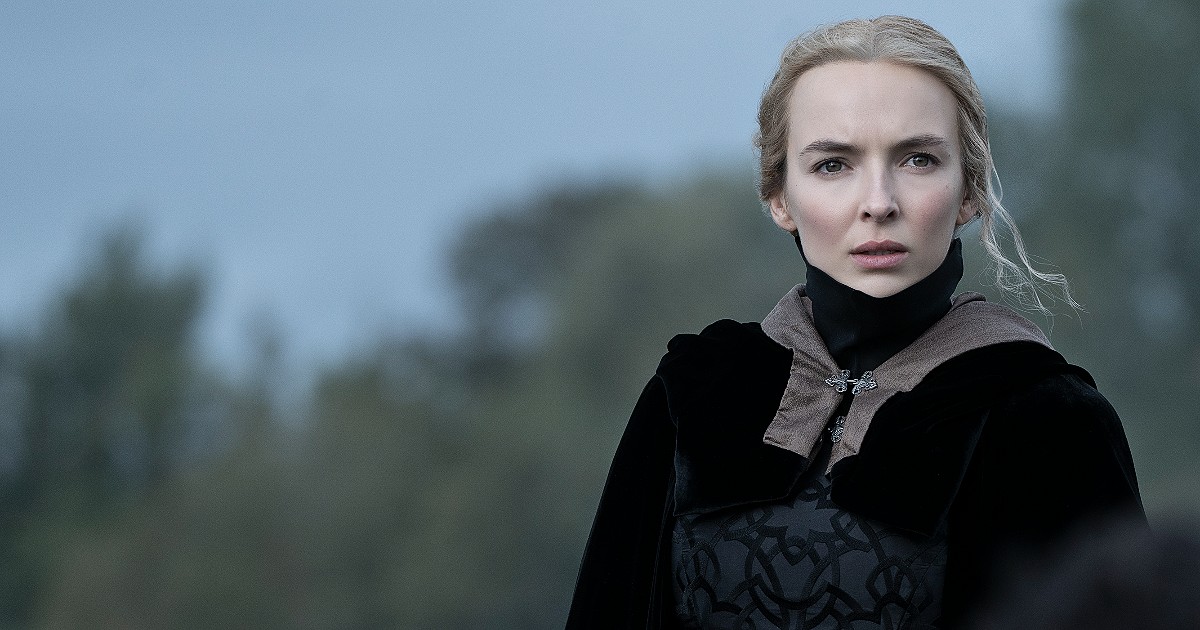“The truth doesn’t matter.” The severe mother of her husband communicates with great contempt to her young daughter-in-law, who has left for yet another bloody war of a Middle Ages bearer of many duties and few rights. Worse still if it is the woman who, although sexually abused, cannot claim justice but rather deserves to be punished and executed. It is on the subversion of this destiny – incredibly occurring in a case that occurred in France at the end of the fourteenth century – that pivots The Last Duel, the new epic-historical drama of Ridley Scott out of competition at the 78th Venice Exhibition.
The cult British filmmaker for Blade Runner e Gladiator is also at the Lido to receive the Cartier Glory to the Filmmaker Award, in the happy company of his stellar cast: friends Ben Affleck & Matt Damon (both also co-writers of the film) and the young English actress Jodie Comer. Missing the appeal only Adam Driver, who in the film plays the role of the unscrupulous and charming Jacques Le Gris, the one to whom the crime of rape is attributed to Marguerite (Comer), pretty and faithful wife of the noble and ambitious Jean de Carrouges (Damon). If the two men are initially united by loyal friendship, this is compromised by the woman’s report of abuse. The effect of the scandal involves a challenge to a mortal duel decided by King Charles VI, or the Last Duel from which the title of the work derives.
Story inspired by real events that became matter in Eric Jager’s novel “The Last Duel: A True Story of Crime, Scandal, and Trial by Combat in Medieval France”, 2004, The Last Duel belongs to the epic-historical vein of Ridley Scott who intends to dialogue with the demands of contemporaneity which, in this case, put the female figure at the center as the bearer of exceptional courage in an era in which the woman was little more than a maker of offspring or bargaining chip. In this sense, to the usual values expressed by the masculine epic of honor, family and friendship, there is the feminine one of the courage to claim the truth, even at the cost of her own life and of her husband.
Sumptuous in packaging and fed with undoubtedly compelling moments for the viewer (the duel scene is worthy of the final fight of The Gladiator ..), The Last Duel does not offer too many variations on the theme of classical dramaturgy but instead presents a certain originality on the narrative structure, which is divided into the threefold point of view of the protagonists, a sort of renewed Rashomon applied to the medieval epic. It follows that we “witness” the same fact in the perception of the three protagonists, Jean, Jacques and Marguerite: the choice amplifies the ambiguity of the story by encouraging the relativity of the concept of truth.
–


